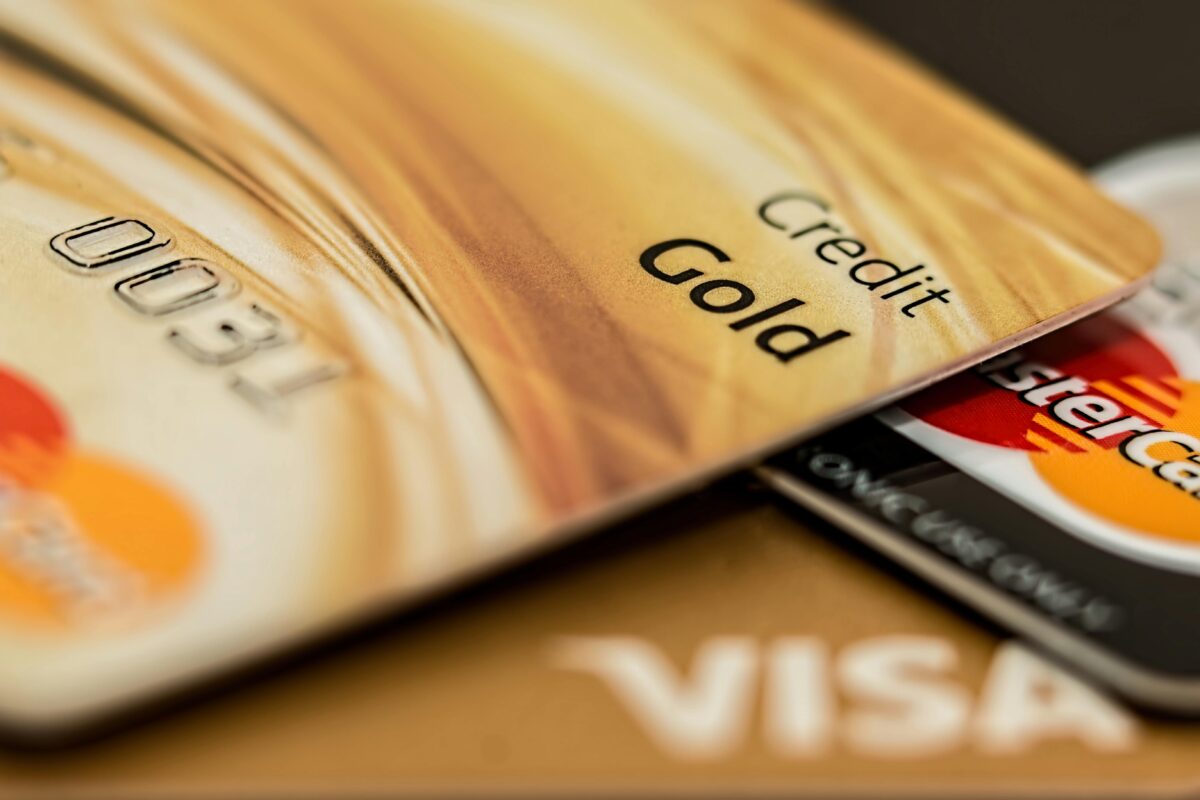🔍 What Is Credit Card Fraud?
Credit card fraud — also known as CC fraud or card credit fraud — is the unauthorized use of a credit card to obtain goods, services, or cash. It can range from simple theft to sophisticated cybercrimes involving credit card forgery, cloning, and false identities.
Fraudsters are constantly evolving their methods, making it essential to understand the different forms of credit card scams and how to avoid becoming a victim.
💳 Common Types of Credit Card Fraud in 2025
| Type | Description |
|---|---|
| Card Cloning | Duplication of a card using skimming devices — a classic form of credit card forgery. |
| Phishing Scams | Fake emails or texts from “banks” asking for card details. |
| Credit Card Misuse | When someone uses your card or number without permission, including by family or friends. |
| Fraudulent Charges | Suspicious or fake transactions showing up on your account. |
| Credit Card Fake Number Generators | Tools that scammers use to bypass payment forms. |
| Fraudulent Chargebacks | When buyers falsely claim a purchase was unauthorized to reverse payment. |
| Credit Card Abuse by Employees | In business, stolen cards or corporate card misuse is on the rise. |
🚨 How to Identify Credit Card Fraud
Whether it’s a fraudulent charge from an unknown merchant or your card getting declined due to suspicious activity, recognizing fraud early is key. Signs include:
- Notifications of purchases you didn’t make
- Alerts about card use in unfamiliar locations
- Increased marketing or phishing attempts
- Your card being declined unexpectedly
- Receiving items you didn’t buy
Activate credit card fraud alert notifications from your bank or card issuer to stay updated in real time.
🛡️ How to Protect Against Credit Card Fraud and Scams
✅ 1. Monitor Your Account Daily
Use mobile banking apps to check for fraudulent charges or unusual activity.
✅ 2. Use Strong Passwords and 2FA
A simple password is no match for today’s fraudsters. Enable two-factor authentication (2FA) wherever possible.
✅ 3. Don’t Share Card Details Over Phone or Email
No legit company will ask for your credit card number via email. Hang up or ignore messages asking for it.
✅ 4. Avoid Sketchy Websites
Stay away from sites offering “free trials” that ask for card details, or credit card fake number websites, which are often fronts for scams.
✅ 5. Shop With Virtual Cards
Use disposable or virtual credit card numbers to avoid exposing your real account.
📞 What to Do If You’re a Victim of Credit Card Fraud
1. Report Credit Card Fraud Immediately
Call your card issuer to report credit card fraud or report credit card theft. Most major companies have 24/7 fraud teams.
Examples:
- Fraud American Express: Call the number on the back of your card or visit Amex’s fraud page.
- Fraud Capital One: Report fraud through your app or call Capital One’s fraud department directly.
- Capital 1 Fraud Prevention: Offers SMS alerts and account freezing tools in real time.
2. Freeze Your Credit
Contact all three credit bureaus (Experian, TransUnion, Equifax) to block new accounts from being opened in your name.
3. Report Credit Card Scammer
File a complaint with the Federal Trade Commission (FTC) or your country’s financial crimes agency.
4. File a Police Report for Credit Card Crime
If the fraud involves large sums or identity theft, a local card fraud report with law enforcement strengthens your case.
💼 Chargebacks and the Rise of Fraudulent Claims
Not all fraud is from hackers. Sometimes, buyers abuse the system via fraudulent chargebacks, falsely claiming they didn’t receive goods to get a refund.
This has led to credit card abuse disputes, especially on platforms like PayPal, Shopify, or Amazon.
Merchants should:
- Keep detailed records
- Use signature verification for deliveries
- Report repeated abusers through card network fraud teams
📊 Real Stats: Why Credit Card Fraud Is Everyone’s Problem
- Over $12 billion in losses were reported globally due to credit card fraud in 2024.
- Online fraud now accounts for over 75% of total CC fraud cases.
- Capital One, American Express, and Chase are among the top issuers dealing with daily fraud reports.
✅ Key Takeaways
| Action | Why It Matters |
|---|---|
| Monitor transactions daily | Spot fraud before it escalates |
| Report credit card scammer fast | Speeds up the refund/reversal process |
| Use secure websites only | Avoid phishing & cloning |
| Set up fraud alerts | Real-time defense |
| Report fraud American Express / Capital 1 fraud | Get immediate help from your issuer |
🧠 Final Thoughts: Protect Yourself Before You Swipe
In today’s digital world, credit card crime is no longer rare — it’s common. From card cloning to fraudulent chargebacks, the only way to stay safe is to stay informed.
Be vigilant. Know the signs. And if something feels wrong, report credit card fraud immediately — your financial health depends on it.

